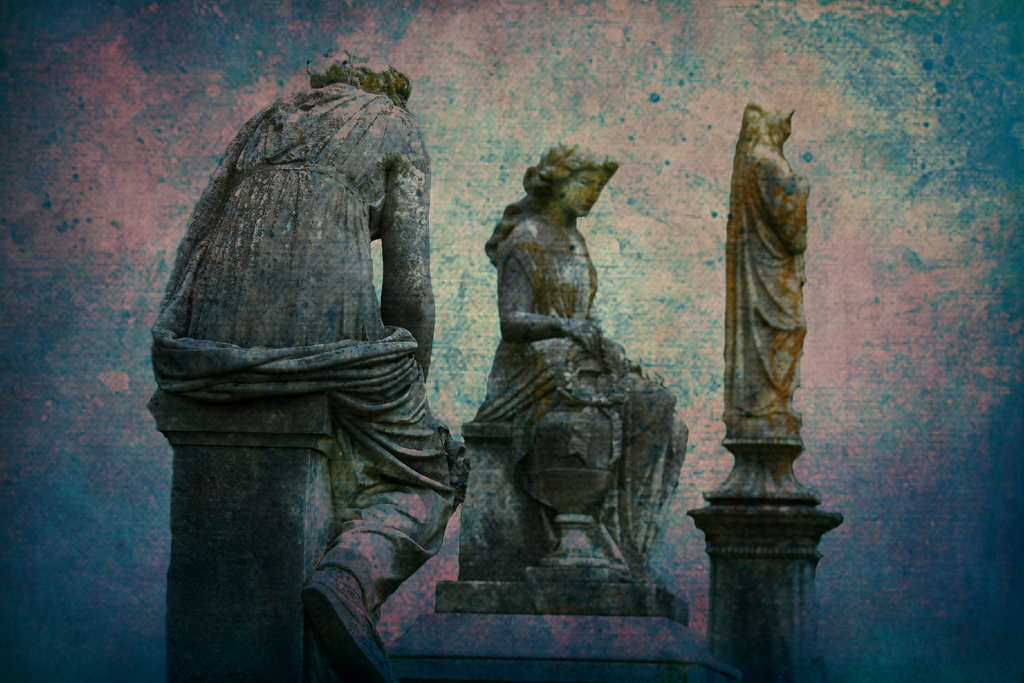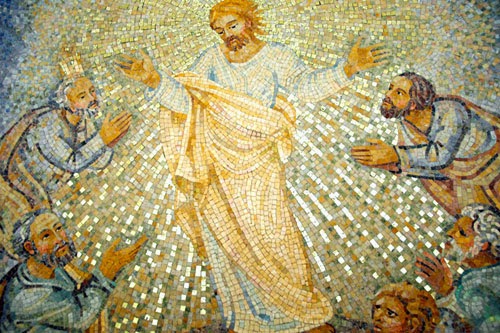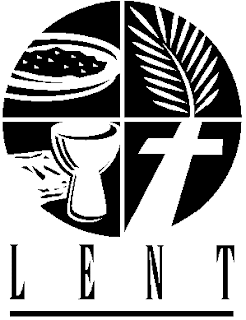Some thoughts in the season of Lent, culled from my random file. About baptism, repentance, discipleship … and the impossible Christian life. Some have come to me in moments of quiet reflection, some in interaction with others. Many have been tweets and updates. Offered for your edification, inspiration and preparation in this season.
- Ash Wednesday and the season of Lent remind us that we are the dust of the earth ~ and the breath of God.
- The point of Ash Wednesday is to reckon ourselves dead to sin but alive to God through King Jesus the Messiah.
- Lent is a good time to take time ~ to watch, listen and think about what King Jesus is doing in the world ... and what he wants to do through you.
- Lent is an opportunity to enter into the purpose, passion and power of the Lord Jesus Christ, and be made more like Him.
- What to give up for Lent: The vain struggle to overcome sin. It has already been overcome by Jesus the Messiah. Dwell on that.
- The fast God desires is a fast that never ends, an ongoing process of faith being formed by the love of God and expressed through love for others.
- Embrace your doubt in faith, like the man who came to Jesus for healing for his son (Mark 9:24). Here’s a simple breath prayer. Breathe in: “Lord, I believe.” Breathe out: “Help my unbelief.”
- The Christian life is impossible. Only Christ can live it — and he comes to live it in you. Let him.
- Jesus’ first words in the Gospel of John are, “What do you seek?”
- A disciple is someone who is learning to live in the reality of King Jesus.
- In the humility of baptism, the Lamb of God who takes away the sin of the world identified with the people who very much needed to have their sin taken away.
- The power of baptism is not that I was baptized but that I am baptized, and the life of Christ is mine — now and always.
- Baptism is an epiphany, a revelation of Jesus Christ. When you’ve had an epiphany, it changes everything. It changes you and you can’t go back to the way things were before.
- I am baptized in the name of the Father, the Son and the Holy Spirit — and that is a wonderful fellowship to be immersed in.
- The most fearful thing that can happen to a person is for God to let him have his own way.
- Lord, fill me with the desire for You. Fill me with the desire for the things You desire. Then fill all those desires. Amen.
- Repentance is turning to God, away from dependence on everything that isn’t God. Every day is a good day to repent and learn to trust God more.
- Discipleship is learning to live daily in the reality of King Jesus and the love of God.
- Today I am living out of the new creation and ignoring the remnant echoes of the old.
- Today I silence all the voices that speak out against me. The blood of King Jesus declares much better things over me.
- The devil is defeated. King Jesus reigns. See everything through that lens and dwell on that reality.
- Lent is not a “Spiritual Strongman” competition, a season
for striving to prove our mettle. It is for knowing our weakness and
finding our strength in Christ.









